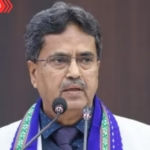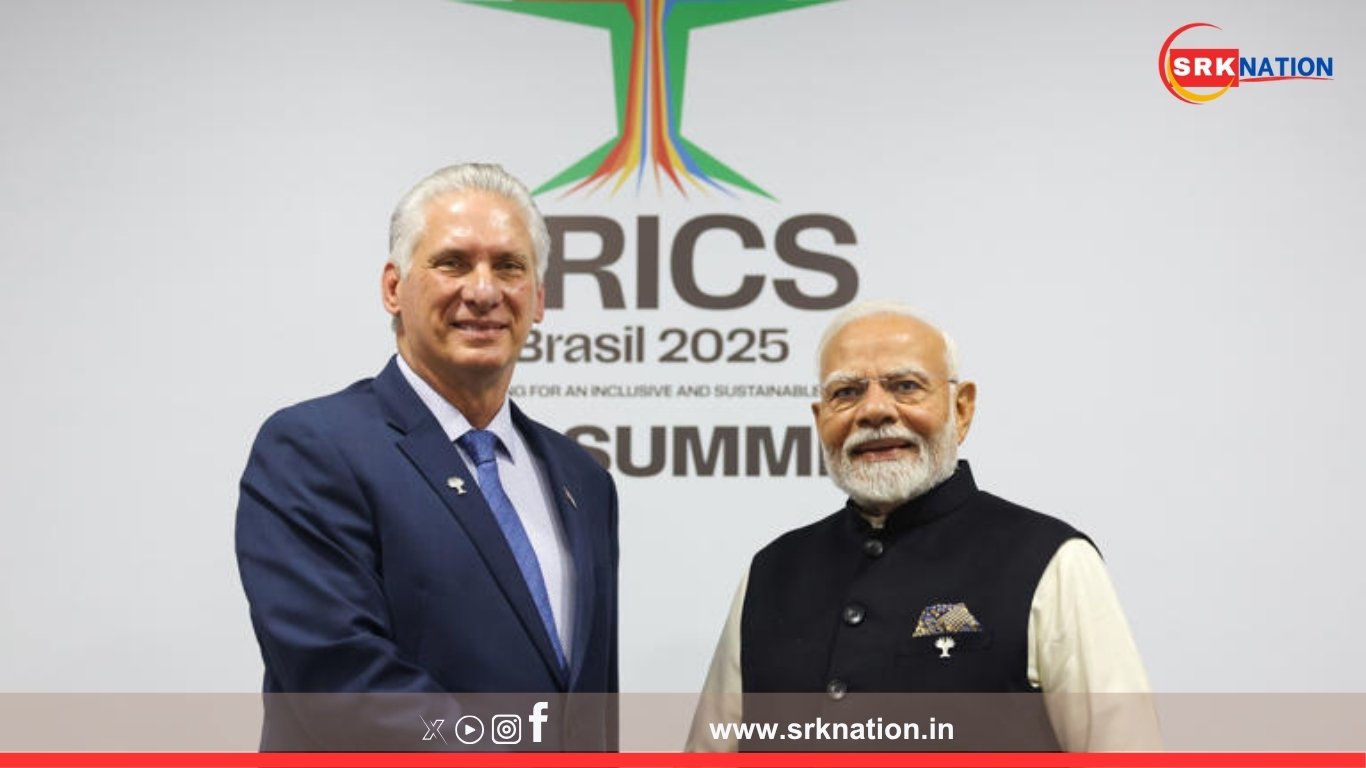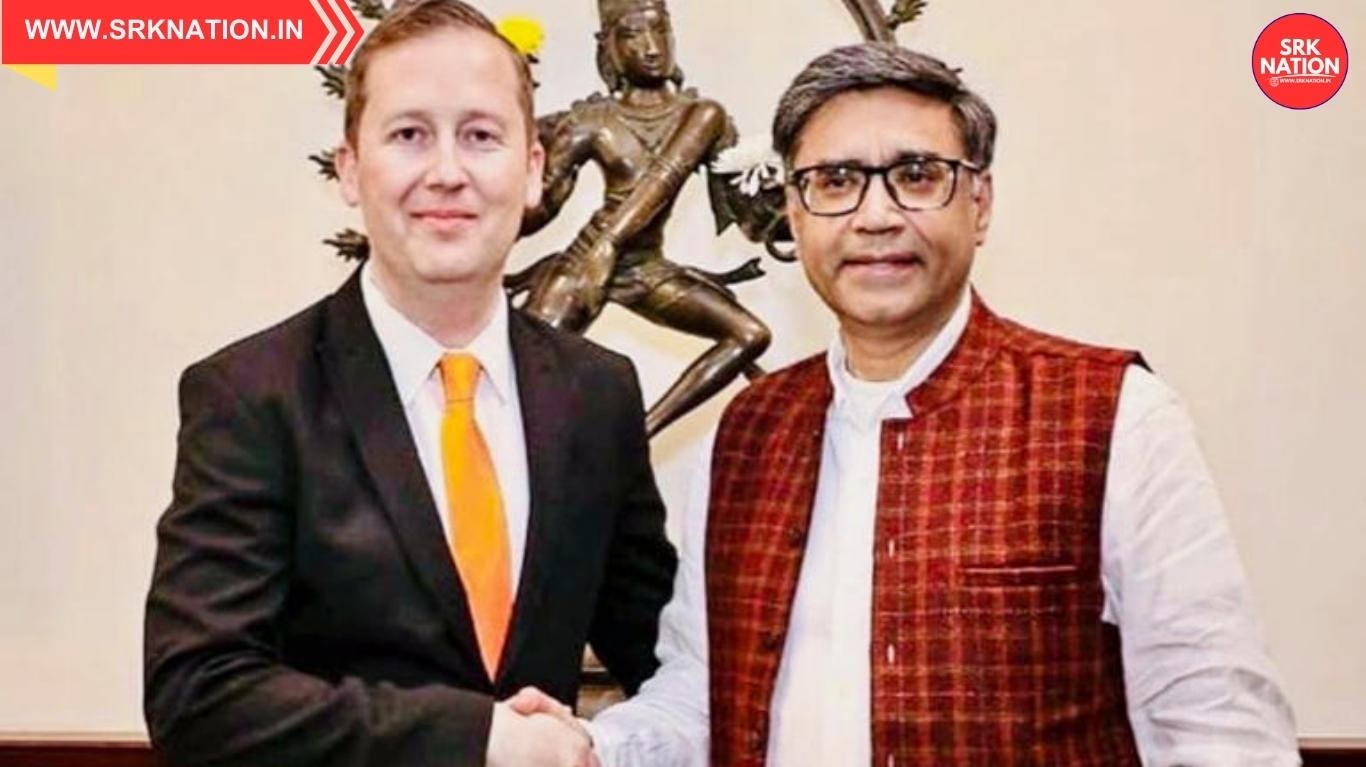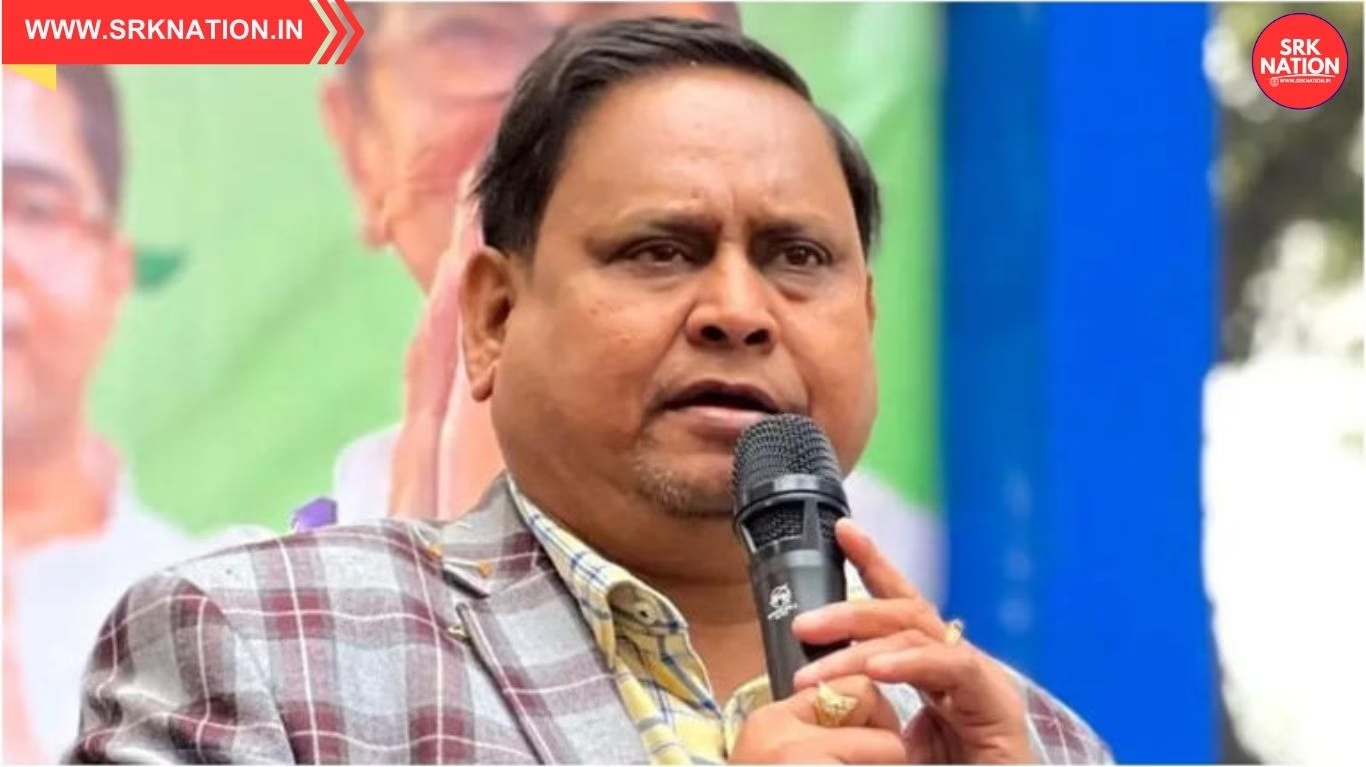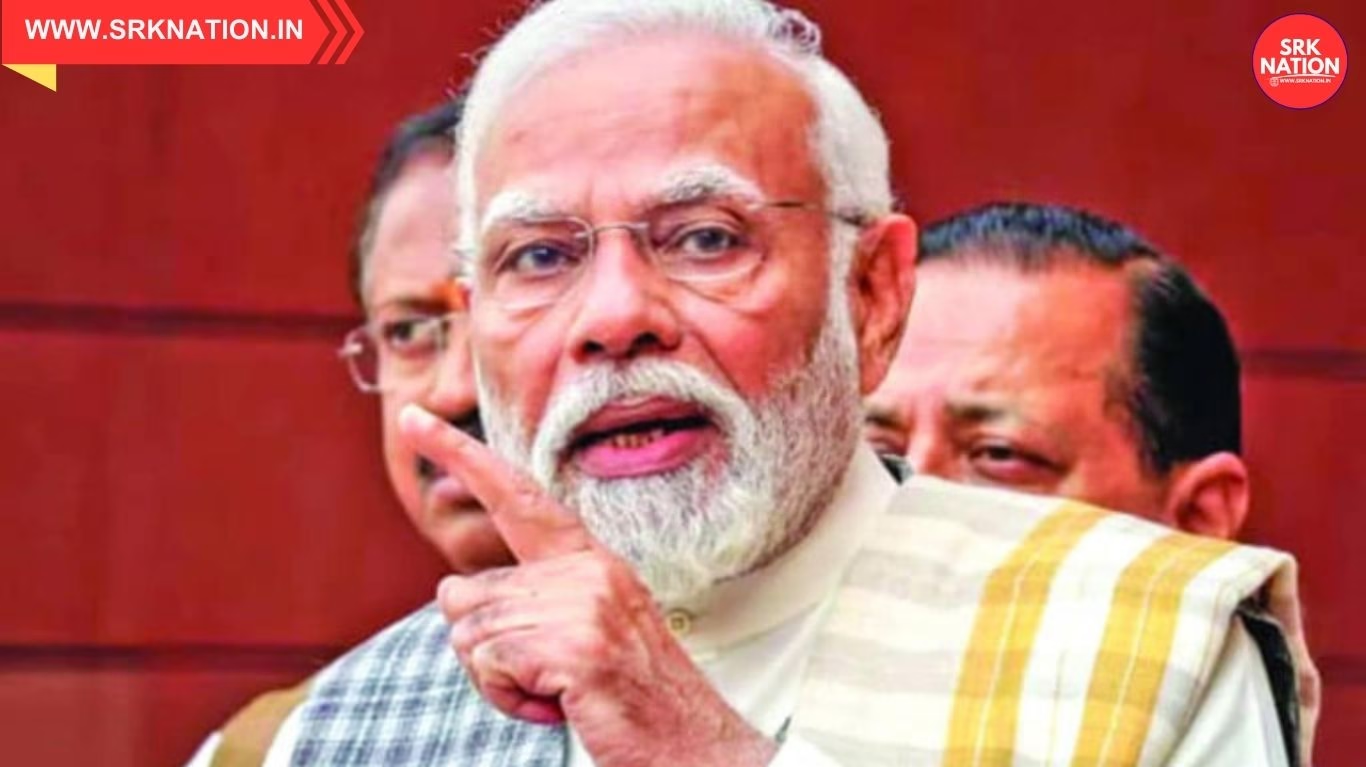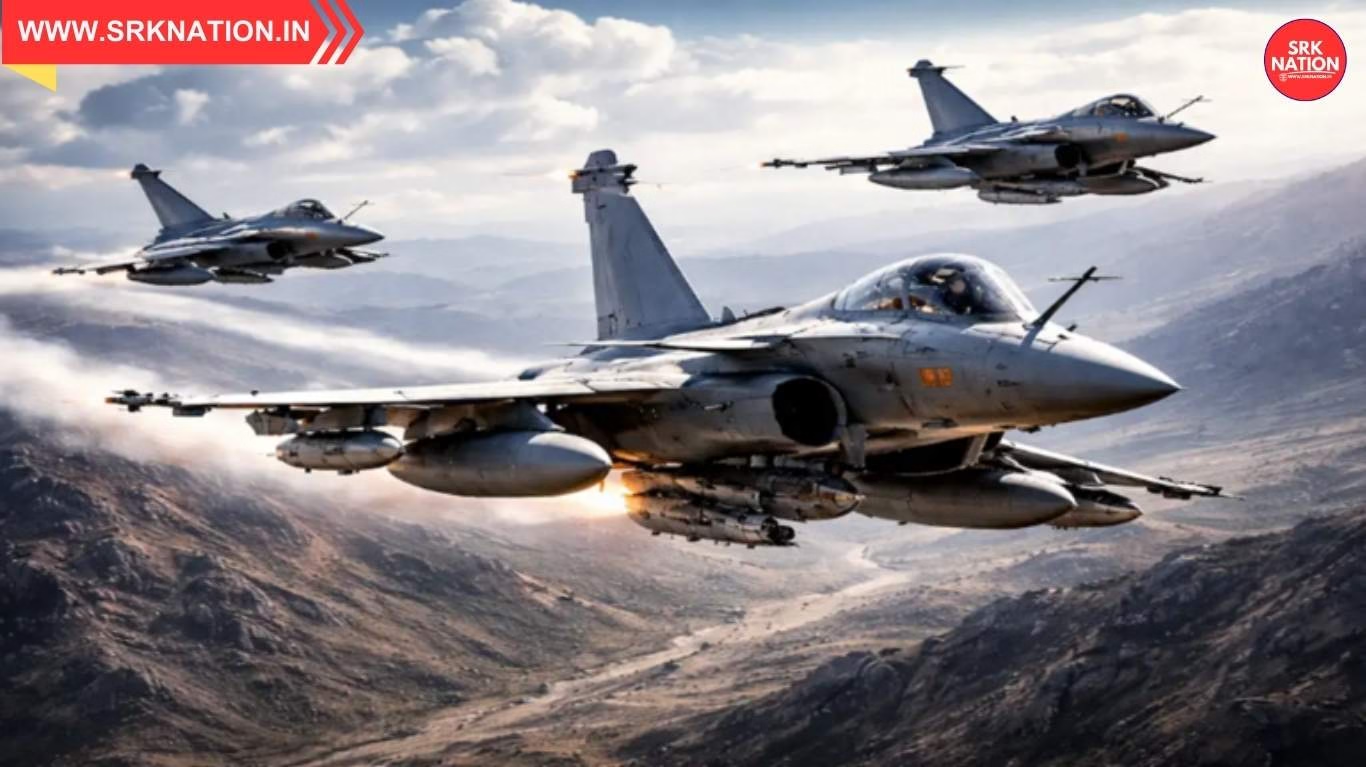Prime Minister Narendra Modi held significant bilateral engagements on the sidelines of his multilateral commitments, reflecting India’s strategic focus on Southeast Asia and Latin America. His discussions with Malaysian Prime Minister Anwar Ibrahim revolved around reviewing the ASEAN-India Free Trade Agreement (FTA) to address trade imbalances and enhance mutually beneficial economic ties. Additionally, Modi met Cuban President Miguel Díaz-Canel, reaffirming India’s commitment to strengthening South-South cooperation.
Key Highlights Of PM Modi’s Bilateral Meetings
1. ASEAN-India FTA Review With Malaysia
In his meeting with Malaysian Prime Minister Anwar Ibrahim, Modi discussed accelerating the ongoing review of the ASEAN-India Trade in Goods Agreement (AITIGA). The two leaders emphasised that the modernisation of the FTA is essential to address concerns over:
- High trade deficits with ASEAN countries
- Non-tariff barriers impacting Indian exports
- Lack of balanced market access in sectors such as pharmaceuticals, services, and agriculture
“Both leaders underscored the need for a more equitable and mutually beneficial trade agreement that aligns with current economic realities,” read an official statement from India’s Ministry of External Affairs.
Malaysia’s Role In India’s Southeast Asia Strategy
Malaysia is India’s third-largest trading partner in ASEAN, with bilateral trade crossing USD 20 billion in FY24. Key import items include palm oil, petroleum products, and electronic goods, while India exports refined petroleum products, chemicals, and machinery.
An updated ASEAN-India FTA is expected to:
- Enhance market access for Indian processed food and pharma sectors
- Resolve issues of standards and certification faced by Indian MSMEs
- Boost services trade, particularly IT, education, and healthcare sectors
| India-Malaysia Trade Snapshot (FY24) | Value (USD Billion) |
|---|---|
| Total Bilateral Trade | 20.4 |
| India’s Exports | 7.2 |
| India’s Imports | 13.2 |
| Trade Deficit | 6.0 |
2. Talks With Cuban President Miguel Díaz-Canel
Prime Minister Modi also held a bilateral meeting with Cuban President Miguel Díaz-Canel, reflecting India’s continued engagement with Latin American and Caribbean nations under its South-South cooperation framework.
Key discussion points included:
- Expanding India-Cuba pharmaceutical cooperation, particularly generic medicines and vaccines
- Collaboration in biotechnology and renewable energy
- Strengthening cultural ties and scholarship programmes for Cuban students in Indian universities
“PM Modi assured India’s commitment to support Cuba’s developmental needs and enhance bilateral trade and investment,” an official readout stated.
India-Cuba Bilateral Relations: An Overview
- India and Cuba share longstanding historical ties, with India supporting Cuba’s development through lines of credit, capacity building, and pharmaceuticals supply.
- Bilateral trade remains modest, dominated by Indian exports of pharmaceuticals, chemicals, and light engineering goods.
Strategic Importance Of ASEAN-India FTA Review
The AITIGA, signed in 2009 and operational since 2010, is currently under review to address India’s persistent trade deficit with ASEAN. The review, launched formally in 2022, aims to:
- Simplify rules of origin to prevent misuse of FTA benefits
- Reduce non-tariff barriers faced by Indian exporters
- Incorporate digital trade, sustainability, and MSME facilitation frameworks
For India, ASEAN is a critical economic partner, accounting for over USD 110 billion bilateral trade in FY24. Malaysia, Thailand, Vietnam, and Indonesia remain key partners within the grouping.
| ASEAN-India Trade Balance (FY24) | Value (USD Billion) |
|---|---|
| India’s Exports | 45.0 |
| India’s Imports | 65.0 |
| Trade Deficit | 20.0 |
Political Context Of Modi’s Engagements
These bilateral talks come amid India’s push to diversify its economic and diplomatic ties:
- ASEAN engagement is central to India’s Act East Policy, enhancing regional integration, connectivity, and trade.
- Cuba offers India an opportunity to deepen its diplomatic footprint in Latin America and counter Chinese influence through development partnerships.
Additionally, experts believe that addressing FTA imbalances is crucial for India’s manufacturing and MSME competitiveness, particularly in the wake of supply chain realignments and friend-shoring trends in the Indo-Pacific.
Expert Reactions
Trade policy analysts welcomed the proactive review discussions, noting:
“The ASEAN-India FTA review is overdue. Tariff concessions have not translated into reciprocal market access for Indian exporters. Addressing structural gaps will support Atmanirbhar Bharat goals while enhancing regional integration,” said an economist at a leading Indian think tank.
Next Steps
The ASEAN-India FTA review is expected to conclude by early 2026, with focus on:
- Harmonising standards and certification processes
- Enhancing services liberalisation, including digital trade
- Strengthening supply chain resilience and connectivity infrastructure
Both leaders also agreed to convene the India-Malaysia Joint Commission Meeting later this year to advance trade and investment agendas further.
Disclaimer
This news article is for informational purposes only. Readers are advised to follow official statements and government notifications for authoritative updates on bilateral trade negotiations and policy measures.

